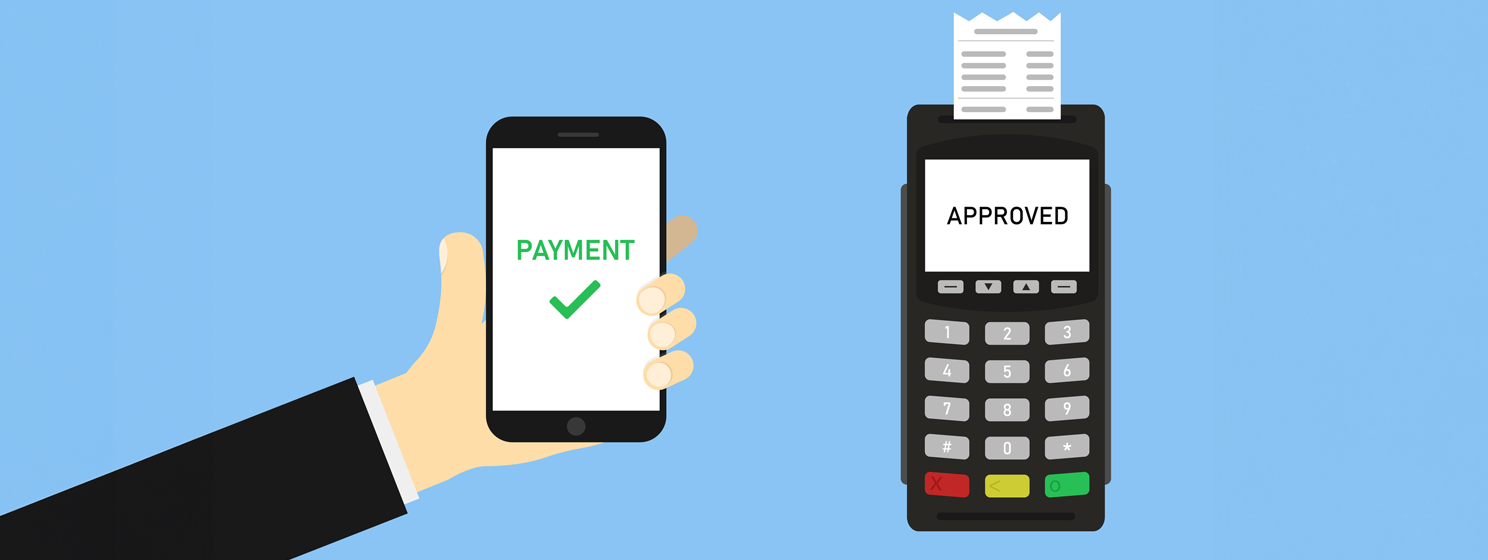|
Getting your Trinity Audio player ready...
|
The second Congressional hearing in as many days examining the alleged ‘debanking’ of U.S. crypto operators brought us predictable talking points and one gloriously epic rant against those who insist ‘this time is different.’
On February 6, the U.S. House of Representatives examined the alleged debanking of U.S. digital asset operators, a conspiracy theory known as Operation Choke Point 2.0. It came one day after the Senate Banking Committee cravenly kowtowed to the crypto operators who spent $130 million boosting pro-crypto candidates in last year’s election, so we had a good idea of what to expect.
The House Financial Services Committee’s (FSC) Oversight and Investigations Subcommittee dubbed its hearing Operation Choke Point 2.0: The Biden Administration’s Efforts to Put Crypto in the Crosshairs. The stated intent was to “examine the negative effects” of Biden’s anti-crypto crusade so the pols could “understand the depths of the problem and measures necessary to correct it.”
While some pols doubt that this crusade exists outside the minds of crypto operators—who publicly beg for ‘regulatory clarity’ but wail like infants when regulations require them to take any action that negatively impacts their bottom lines—the GOP majority is a fairly credulous bunch.
As such, the nearly three-hour hearing was largely a waste of time for both its participants as well as the writers (ahem) tasked with reporting on this performative bullshit. At times, the GOP reps resembled soft-spoken police officers showing the crypto executives a doll and asking them to point to the part of the doll where the regulators had hurt them.
The ‘crypto is life’ crew was represented by Paul Grewal, chief legal officer at the Coinbase (NASDAQ: COIN) exchange; Fred Thiel, CEO of block reward miner MARA (NASDAQ: MARA); and Austin Campbell, CEO of digital payment platform WSPN.
Those unmoved by the alleged allure of digital gold were represented by Shayna Olesiuk, Director of Banking Policy at Better Markets, a non-profit dedicated to pushing back on high finance’s baser impulses. Olesiuk is also a former 23-year veteran of the Federal Deposit Insurance Corporation (FDIC), an entity that lies at the heart of the crypto ‘debanking’ conspiracy theory.
Anyway, on to the speechifying, pandering and crypto caterwauling.
Dad says you’re fat; mom assures you that you’re just big-boned
Subcommittee Chair Dan Meuser (R-PA) got the ball rolling by detailing the alleged crimes committed by the FDIC, the Federal Reserve, the Securities and Exchange Commission (SEC), and any other federal entity that dared suggest the litany of crypto frauds, failures, and rug-pulls that spawned the ‘crypto winter’ of 2022-23 justified additional scrutiny of crypto operators seeking unfettered access to America’s federally backstopped banking system.
Ranking member Al Green (D-TX) suggested a more appropriate title for the day’s hearing would be ‘How [President Donald] Trump’s Self-Dealing Will Put Investors at Risk,’ a reference to the current occupant of 1600 Pennsylvania Avenue issuing a memecoin three days prior to his inauguration. Said memecoin followed the trajectory of nearly all such utility-free tokens, soaring in value then plummeting, leaving its holders with a serious case of buyer’s remorse.
This set the stage for the rest of the hearing, in which Republicans concurred with nearly everything the crypto operators told them, while Democrats offered a more skeptical view. Dems pointed out that the crypto sector was about to get everything it ever wanted (and then some) from the government, so why were they here bitching about their hurt feelings, like some public therapy session for overly sensitive snowflakes?
As Green so emphatically put it, the mere fact that regulators asked banks to consider certain risks doesn’t amount to debanking. But despite their ‘masters of the universe’ schtick and public declarations that all they want is ‘regulatory clarity,’ these same edgelords scream like babies when any regulation dares require them to do anything besides print money.
When Meuser reclaimed the microphone, he quizzed Grewal about the impact of the FDIC’s so-called ‘pause letters.’ These letters asked banks to pause plans to expand their crypto services until the regulator could properly ascertain what the banks wanted to do and what the FDIC—which would be on the hook for bailing out the banks should crypto shenanigans lead to bank failure—was being asked to approve.
Grewal’s response introduced a new phrase into the crypto lexicon—a riff on the oft-repeated ‘regulation by enforcement’ strategy allegedly employed by the likes of the SEC—by accusing the FDIC of engaging in “regulation by exhaustion.”
Said weariness refers to the process in which the banks’ responses failed to satisfy regulators’ questions, so the regulators posed more specific questions, which the banks couldn’t always answer concisely, leading to more questions, after which the banks figured this wasn’t worth their time/effort and kicked crypto to the curb.
And yet, somehow, Coinbase’s share price has more than doubled over the past 12 months. Can you imagine the unimaginable heights these shares could have achieved if the company hadn’t been so persecuted? Why do you hate success, you godless communists?
We’re here because we’re here
One of the main themes that Democrats kept bringing up was the utter pointlessness of the hearing, considering that the GOP majority in both legislative chambers and the GOP figurehead firmly ensconced in the White House are poised to give ‘crypto’ everything its heart desires.
As with the Senate hearing, multiple Dems raised the subject of Elon Musk and his Department of Government Efficiency (DOGE)—newly purged of overt racists as of Thursday afternoon—somehow gaining access to sensitive government data. Rep. Nikema Williams (D-GA) noted that her constituents were deluging her office with calls regarding the Musk issue, while not a single call made any reference to crypto whatsoever.
Other Dems suggested that if fair access to banking services is the watchword, then why aren’t we focused on the far larger problem of marginalized groups being denied basic banking services due to their poverty, criminal history or the color of their skin?
But discrimination evidently only impacts white males with bald heads, bulging wallets and Nietzschean Superman complexes. The mere fact that crypto bros are currently drowning in cash is incontrovertible evidence of their inherent superiority to us mere mortals, so how dare we stand in their way?
Not the reverend Al Green, but he knows how to testify
Ranking member Green wasn’t moved by the crypto operators’ sob stories, calling references to Operation Choke Point 2.0 “a made-up statement. Somebody concluded that this is something that sells.” And the sale of this threadbare concept to Congress has basically sold America down the river.
We’ll let Green bring this coverage to a close because we can’t say it any better than this (and we encourage you to watch the video rather than read these words because he really nails the world-weary ‘I’ve seen this show before’ delivery):
“I was here in 2008 when we had the [global economic meltdown]. It was never alleged that too much regulation caused the problem.
I was here when Bernie Madoff made off with more than $60 billion. It was never alleged that too much regulation is what allowed him to do it.
[Silvergate Bank], Signature Bank … my colleagues have indicated that it was the regulators that caused the problem. A lack of regulation … So the question becomes this–do you want too much regulation, too little regulation, or do you want it to be the Goldilocks, just right? Wouldn’t we all?
The point is, given what’s happening without guardrails, as it relates to cryptocurrency … would you agree we need more guardrails? Anybody agree? [The witnesses raise their hands.] Everybody agrees. Well, where do guardrails come from? Somebody might say Congress … For Congress to act, you have to have an act of Congress. Congress hasn’t been able to act for various and sundry reasons … But the regulators are in a tough position. I wouldn’t want to be a regulator … Because if a bank fails, then you didn’t do enough. And then, if it somehow doesn’t give you the kind of regulation that you want, it’s too much. I wouldn’t want to be a regulator.
But I do know this. I was here to receive all of the complaints in 2008 … A good many people who want less regulation won’t be here to receive the complaints. They come and they go. But there are some of us who have decided that we want to be here today and tomorrow and thereafter … So I’m not going to get angry with regulators because those who are regulated contend that they’re overregulated. I want to fix a problem, but I’m not going to take all of this and conclude that the regulators are over-regulating, when you all agree that there should be guardrails.
At some point, Congress has to act. I’ve seen [Waters and former Rep. Patrick McHenry] work to try and give us the guardrails. But it’s difficult to satisfy enough members to get something done. If these banks fail and you have a cascading event, we will find ourselves revisiting 2008. When Silvergate and Signature Bank, they went under, one of our great fears was that this could become the start of a domino effect. And I remember how hard [Waters] worked with others to try to prevent this. So I thank you for your testimony. And I assure you, I’m going to do what I can to make sure that you’re being treated fairly. But if I’m going to err, it will be on the side of regulating, and not deregulating.”
Watch: Teranode is the digital backbone of Bitcoin

 03-05-2026
03-05-2026 




